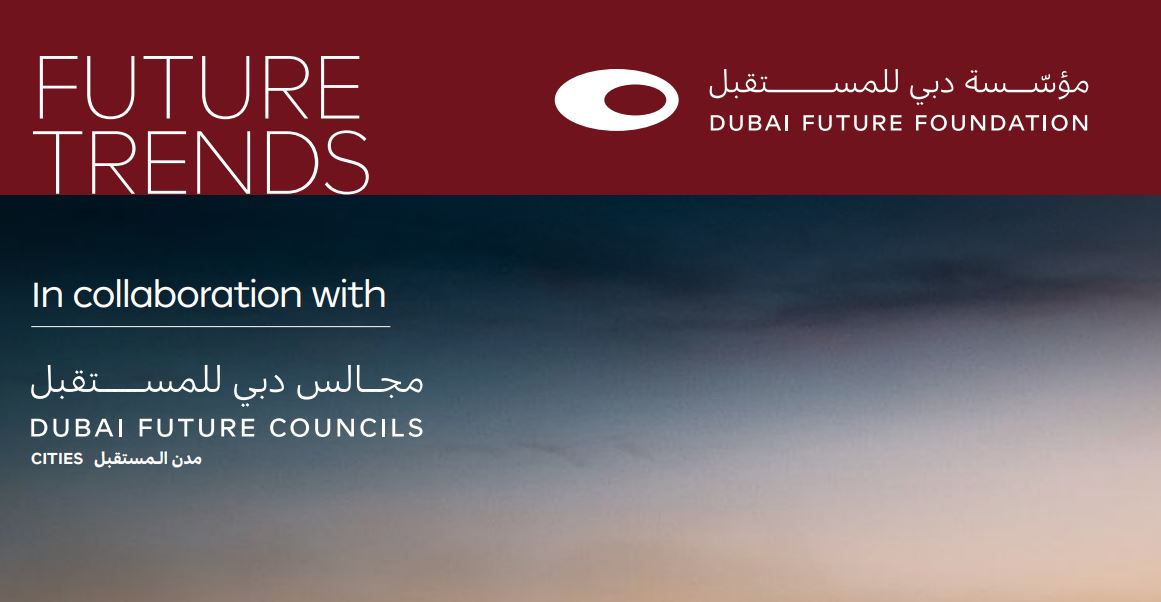Dubai Future Foundation, DFF, launched “The Future of Cities” report in partnership with the Dubai Future Council on Future Cities.
The report predicts that city density will become an increasingly important issue, given that around two-thirds of the people in the Middle East and North Africa currently live in cities and the urban population of the region is expected to double by 2040.
The series highlights the most prominent impacts of the COVID-19 pandemic on the nature of urban life, which is characterised by the intensity of movement between residential, commercial and social areas, and the required changes in urban planning standards and infrastructure in the “new normal”.
Speaking on the report launch, Dawood Abdulrahman Al Hajri, Director-General of the Dubai Municipality and Chairman of the Dubai Future Council on Future Cities, said, “At the Dubai Future Council on Future Cities, we implement the vision of our wise leadership to boost our competitiveness in building better future cities for the upcoming generations. In addition, we enrich various sectors with creative ideas, contributing to the highest levels of innovation and excellence.”
He added, “It is crucial to develop initiatives that help strengthen Dubai’s position as an international city and mitigate the impact of COVID-19 on infrastructure, urban planning, the environment, and the methods of managing and governing future cities. Our joint report with DFF presents an overview of global trends, technological transformation, advancements in urban economics and the lifestyles of future cities, analyses current situation, and identifies opportunities for the future of Dubai, which will be human-centric. The report also supports strategic and effective planning based on best practices and international studies.”
Khalfan Belhoul, CEO of DFF, stressed the significance of stakeholder cooperation in anticipating key changes in various sectors and preparing for the upcoming challenges by developing comprehensive future scenarios to enhance readiness, align national social and economic development plans, and benefit from global case studies in designing the future.
The report places a high value on smart initiatives and data-gathering efforts. Increasing the volume of city-level data can help governments implement smart regulations and infrastructure that allow residents to inhabit and navigate urban centres more healthily and sustainably.
Innovative technologies reduce the need for manual human operation. These include self-cleaning materials and automated touchless systems. According to the report, a holistic approach to planning that allows spatial distancing and combines grey, green and blue infrastructure will support public health. Moreover, large open spaces within urban areas can help cities implement emergency and evacuation protocols.
The report recommends updating building regulations and specifications to safeguard occupants’ health and wellbeing. This involves mechanical and architectural requirements, such as increasing natural light and improving air filtration.
Furthermore, the report re-imagines workplaces to integrate virtual and traditional work and strike a balance between individual concentration and productive collaboration.




